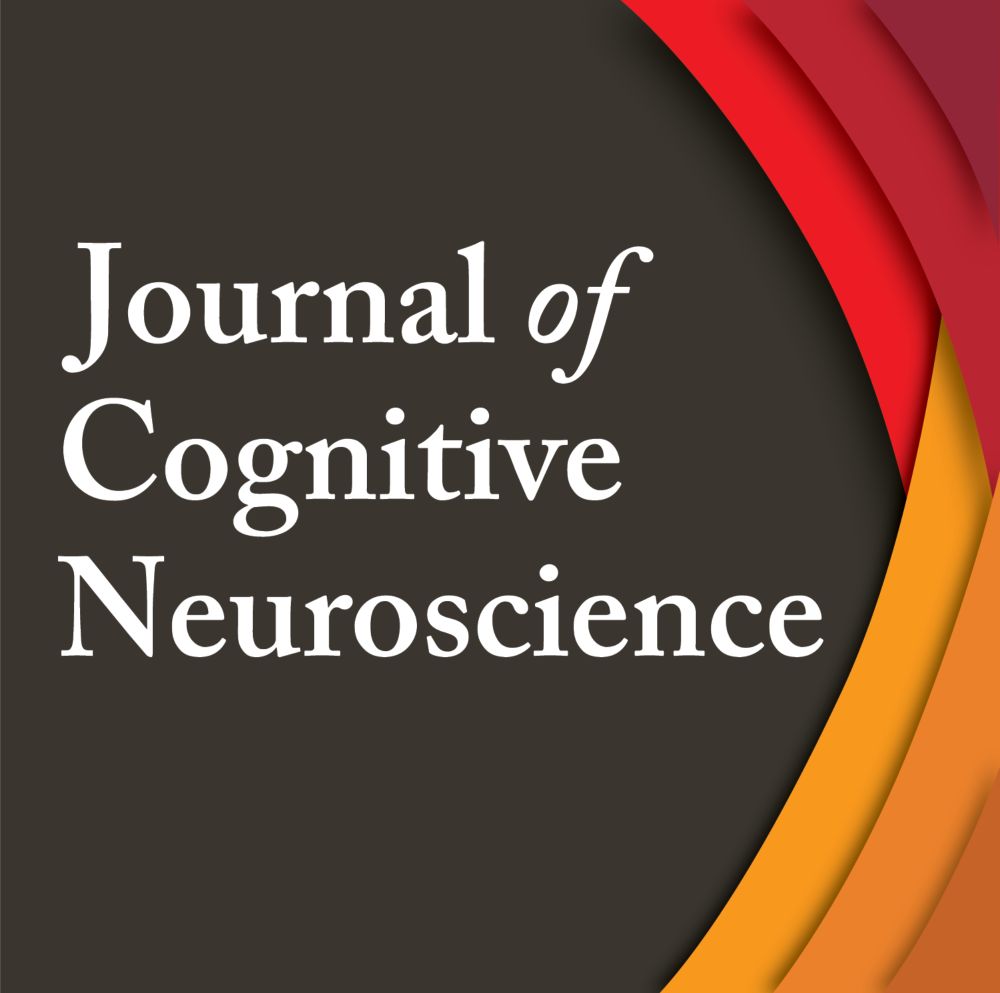tinyurl.com/bd8xdcum
@erc.europa.eu @nathumbehav.nature.com
We test the link between serial dependence (as an index of continuity) and event boundaries (indexing segmentation). A few key findings in the thread:
tinyurl.com/bd8xdcum
@erc.europa.eu @nathumbehav.nature.com
We test the link between serial dependence (as an index of continuity) and event boundaries (indexing segmentation). A few key findings in the thread:
By Paige Miranda
#WomeninScience #neuroskyence
www.thetransmitter.org/qa/how-eight...

By Paige Miranda
#WomeninScience #neuroskyence
www.thetransmitter.org/qa/how-eight...
thonyc.wordpress.com/2014/10/14/t...

thonyc.wordpress.com/2014/10/14/t...
bluesky-map.theo.io
I've seen some similar projects, but IMO this seems to better capture some of the fine-grained detail

bluesky-map.theo.io
I've seen some similar projects, but IMO this seems to better capture some of the fine-grained detail
w/ R. Bordas and @virginievanw.bsky.social
shorturl.at/bKAFp

w/ R. Bordas and @virginievanw.bsky.social
shorturl.at/bKAFp
Commentary on @lapate.bsky.social recent work
#drift #fmri #human #time
Please,👇 if we missed relevant observations in the field!
w/ @vigano.bsky.social @beneuroscience.bsky.social & R. Bordas
@sfnjournals.bsky.social
@brainthemind.bsky.social
With @virginievanw.bsky.social @vigano.bsky.social and Raphaël Bordas.
www.eneuro.org/content/13/1...

Commentary on @lapate.bsky.social recent work
#drift #fmri #human #time
Please,👇 if we missed relevant observations in the field!
w/ @vigano.bsky.social @beneuroscience.bsky.social & R. Bordas
@sfnjournals.bsky.social
@brainthemind.bsky.social
The Association between Oscillatory Burst Features and Human Working Memory Accuracy
doi.org/10.1162/JOCN...
#neuroscience

The Association between Oscillatory Burst Features and Human Working Memory Accuracy
doi.org/10.1162/JOCN...
#neuroscience
How does the brain store 'durations' in working memory?
👇👇👇
www.cell.com/iscience/ful...
Collaborative effort between @brainthemind.bsky.social and MNE-Python/INRIA.

How does the brain store 'durations' in working memory?
👇👇👇
www.cell.com/iscience/ful...
Collaborative effort between @brainthemind.bsky.social and MNE-Python/INRIA.
www.pnas.org/doi/epdf/10....

www.pnas.org/doi/epdf/10....
Proud to have contributed a tiny part to this great paper.

Proud to have contributed a tiny part to this great paper.
But ripple detection in humans remains challenging. Here we introduce a simulation approach in @natcomms.nature.com as common ripple detectors mainly pick up 1/f noise and not genuine oscillations
👇
www.nature.com/articles/s41...
#neuroskyence

But ripple detection in humans remains challenging. Here we introduce a simulation approach in @natcomms.nature.com as common ripple detectors mainly pick up 1/f noise and not genuine oscillations
👇
www.nature.com/articles/s41...
#neuroskyence
How can we behave effectively in the future when, right now, we don't know what we'll need?
Out today in @nathumbehav.nature.com , @marcelomattar.bsky.social and I find that people solve this by using episodic memory.

How can we behave effectively in the future when, right now, we don't know what we'll need?
Out today in @nathumbehav.nature.com , @marcelomattar.bsky.social and I find that people solve this by using episodic memory.
#neuroscience
#neuroscience
🔎 CITY 3D TIMELAPSE
🔎 CITY 3D TIMELAPSE
This is a memory-focused (as opposed to RL-focused) account of the detailed characteristics of forward and backward awake and sleep replay!
elifesciences.org/articles/99931

This is a memory-focused (as opposed to RL-focused) account of the detailed characteristics of forward and backward awake and sleep replay!
elifesciences.org/articles/99931
Been waiting for this one for a while! Congrats @annaschapiro.bsky.social @neurozz.bsky.social

Been waiting for this one for a while! Congrats @annaschapiro.bsky.social @neurozz.bsky.social

In our new Nature Human Behaviour paper, we show that the 𝗾𝘂𝗮𝗹𝗶𝘁𝘆 𝗼𝗳 𝗮 𝘀𝗽𝗮𝘁𝗶𝗮𝗹 𝗿𝗲𝗽𝗿𝗲𝘀𝗲𝗻𝘁𝗮𝘁𝗶𝗼𝗻 can be measured with neuroimaging – and 𝘁𝗵𝗮𝘁 𝘀𝗰𝗼𝗿𝗲 𝗽𝗿𝗲𝗱𝗶𝗰𝘁𝘀 𝗵𝗼𝘄 𝘄𝗲𝗹𝗹 𝗻𝗲𝘄 𝗲𝘅𝗽𝗲𝗿𝗶𝗲𝗻𝗰𝗲𝘀 𝘄𝗶𝗹𝗹 𝘀𝘁𝗶𝗰𝗸.

In our new Nature Human Behaviour paper, we show that the 𝗾𝘂𝗮𝗹𝗶𝘁𝘆 𝗼𝗳 𝗮 𝘀𝗽𝗮𝘁𝗶𝗮𝗹 𝗿𝗲𝗽𝗿𝗲𝘀𝗲𝗻𝘁𝗮𝘁𝗶𝗼𝗻 can be measured with neuroimaging – and 𝘁𝗵𝗮𝘁 𝘀𝗰𝗼𝗿𝗲 𝗽𝗿𝗲𝗱𝗶𝗰𝘁𝘀 𝗵𝗼𝘄 𝘄𝗲𝗹𝗹 𝗻𝗲𝘄 𝗲𝘅𝗽𝗲𝗿𝗶𝗲𝗻𝗰𝗲𝘀 𝘄𝗶𝗹𝗹 𝘀𝘁𝗶𝗰𝗸.
Not just recognition responses, but also associated RTs!
And not just the semantic task, but also the structural task - where words overlap in orthography/phonology!
A thread!
Not just recognition responses, but also associated RTs!
And not just the semantic task, but also the structural task - where words overlap in orthography/phonology!
A thread!
Are latent circuits real?
Tatiana @engeltatiana.bsky.social uses one, infers the other, and says yes to both.
Also, how timescales are different and the same across the entire brain...
braininspired.co/podcast/226/

Are latent circuits real?
Tatiana @engeltatiana.bsky.social uses one, infers the other, and says yes to both.
Also, how timescales are different and the same across the entire brain...
braininspired.co/podcast/226/


